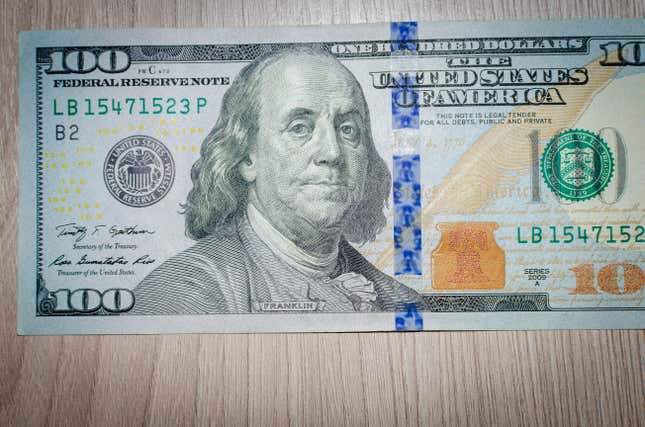
Last month, I wrote about the very real possibility that the race-wealth gap–maybe the most important byproduct of the country’s legacy of institutional racism as practiced via economic policy–might be poised to grow.
Why? Because while the rest of the economy recovered from the pandemic, best evidenced by a dramatic increase of home values and retirement portfolios that most Americans use to measure wealth, Black folks remained largely sidelined from benefiting from those trends. Homeownership rates are lower among Black Americans than whites (due in large part to enduring discriminatory lending practices), those who own homes tend to have less equity (due to persistent patterns of residential segregation and discrimination in home appraisals) and Black folk on average have lower participation in equity investing.
All of those things were revealed in the latest Survey of Consumer Finances, a report that assesses the financial condition of Americans, breaking out some data by race, ethnicity and gender. That report was put out by the Federal Reserve, which in 2020 vowed that unlike in previous economic recoveries, its policies this time around would intentionally be aimed at minimizing racial disparities. If the Fed could help it, the rising tide this time really would lift all boats.
Well, that may not be the case, at least according to some new reporting from Axios, which took a look at Fed policy and found that the agency’s efforts to control inflation using interest rate hikes might not be getting the job done at making sure all recoveries matter. It seems that jacking up interest rates–which makes everything cost more–to keep the economy from overheating, also has side effects like hurting people who were already locked out of the housing market or struggling with high rates of unemployment or generally on the wrong side of that race-wealth gap I mentioned earlier.
From Axios
While rising prices can hurt Black workers, who are disproportionately represented in lower-paying jobs, measures to fight inflation are harsh medicine.
- “Inflation can have disproportionate adverse effects by race, but anti-inflation measures can have a disproportionate adverse effect by race. I’m not sure which one is necessarily worse,” said William A. Darity, an economist at Duke, at a Brookings Institution event last week, where debate developed around the issue of race and the Fed.
- Flashback: When then-Federal Reserve chair Paul Volcker started hiking interest rates to break the record inflation decades ago, it drove the jobless rate up to around 10% — and for Black workers, to more than 22%.
I’m not an economist, though I do occasionally talk to them on TV, but it feels like this should have been common sense and predictable. A quick Google for the phrase, “when the economy catches a cold, Black people catch the flu”, turns up 18.3 million results in less than a second. Not every one of those results is about central bank monetary policy, but there’s enough there from reputable sources to at least plant a seed for policymakers that economic policy doesn’t always allow for equitable outcomes; one person’s ability to weather a few hundred more dollars a month in mortgage payments is another’s deferral of the dream of homeownership until, someday, rates fall again. By then, of course, home prices might be so high that it doesn’t matter, but that’s a story for another day.
The Axios piece isn’t all bad; it makes the point that many economists, “argue the Fed should keep an eye on the effects that rate hikes have on different groups,” while still doing whatever they can to curb inflation.
But it’s worth asking just how much wider that wage-wealth gap might get.

